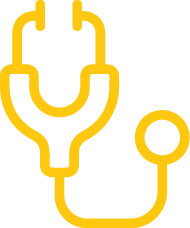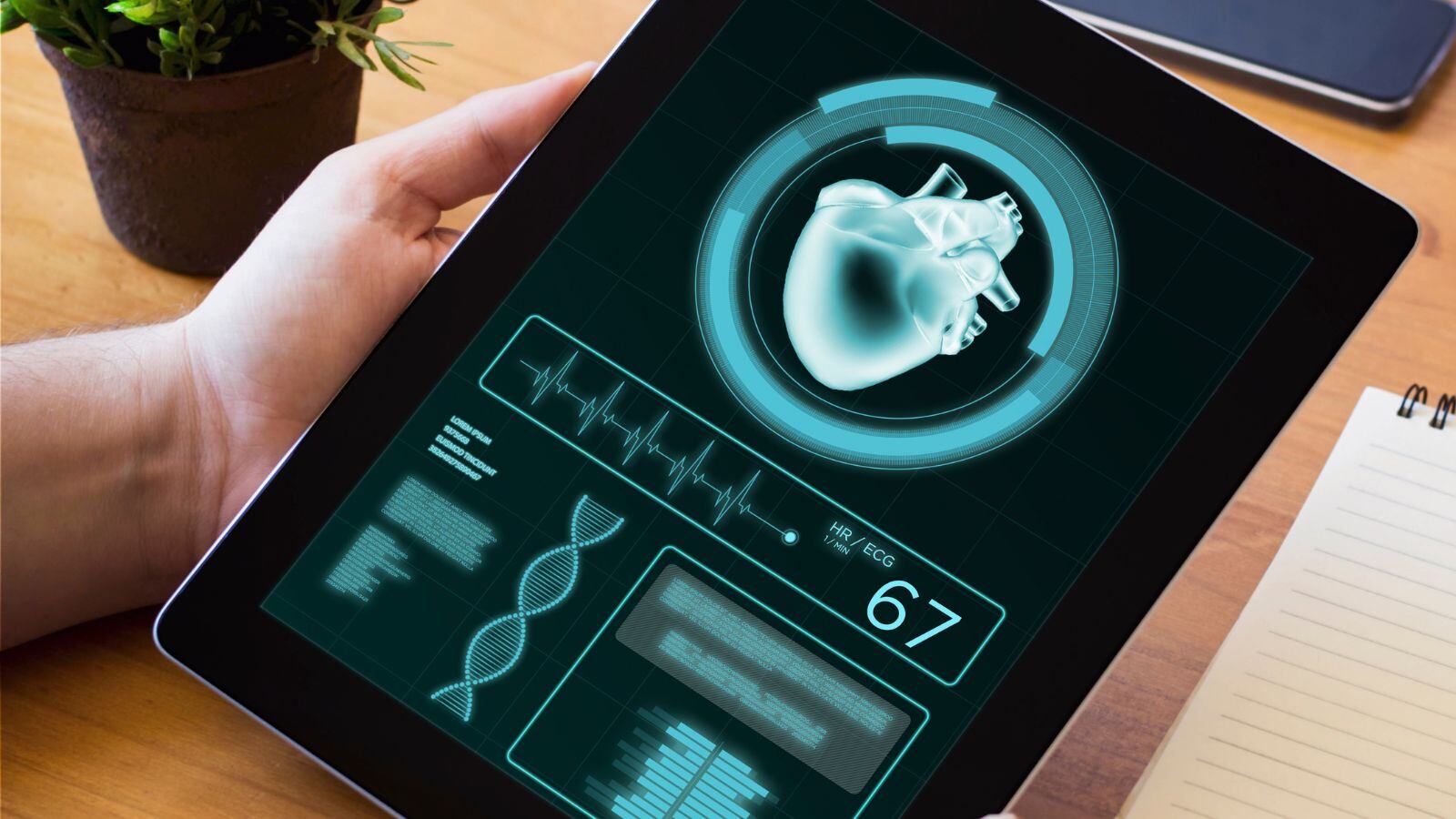- key considerations when validating systems used in clinical trials,
- how data integrity is part of the computerized system validation approach and the nature of a clinical trial,
- the major differences between manufacturing systems and clinical trial systems.
The importance of computer system validation in clinical trials

Data integrity is a crucial aspect of clinical studies, as it ensures that the data collected is accurate, complete, consistent, and reliable. Inaccurate or incomplete data can have serious consequences, leading to incorrect conclusions, flawed decision-making, and potentially harmful outcomes for patients.
In this section, we will discuss more in-depth different aspects of data integrity in relation to the clinical trial and the use of computerized systems in a clinical trial, where patient safety is the primary concern in clinical studies.
Data integrity ensures that the data collected is accurate and reliable, which is crucial for making informed decisions about patient care and treatment. Accurate data helps identify potential safety concerns and allows researchers to take appropriate measures to mitigate any risks during the trial operations.
Scientific Validity
The scientific validity of a study is based on the accuracy and reliability of the data collected. Data integrity ensures that the data collected is consistent and reliable, which is essential for making valid statistical conclusions about the effectiveness and safety of a drug or treatment.
Regulatory Compliance
Regulatory bodies such as the FDA, EMA, and others require that data collected during clinical studies are accurate, complete, and consistent. Data integrity plays a critical role in ensuring compliance with regulatory requirements and guidelines. For governing bodies, trust in the data and therefore the computer system processes are essential when evaluating if a new or existing product is eligible for market access.
Data Management
Data integrity is essential for effective data management. It ensures that the data is properly documented, recorded, and stored, and that it can be retrieved and analyzed accurately and efficiently. Data integrity also ensures that the data can be audited and verified, which is essential for maintaining the quality and integrity of the study.
Reproducibility
Reproducibility is essential in scientific research, and data integrity plays a critical role in achieving reproducibility. Accurate and reliable data is essential for reproducing the results of a study, which is important for verifying the findings and ensuring that they can be applied to other patient populations.
Regulatory requirements
In this section, we will dive a bit deeper into the requirements set out by the most prominent regulatory bodies. Regulatory bodies such as the Food and Drug Administration (FDA) and the European Medicines Agency (EMA) require that computer systems used in clinical settings are validated to ensure that they meet the intended use and are safe and effective.
While the EMA and the FDA refer to different guidelines, their regulatory requirements are very similar content-wise. Here are some of the key guidelines that researchers should be aware of:
21 CFR Part 11
This regulation sets forth the requirements for electronic records and electronic signatures used in clinical studies. It includes requirements for the security, integrity, and authenticity of electronic records and signatures.
Guidance for Industry: Data Integrity and Compliance with CGMP
This guidance document provides recommendations for ensuring data integrity in pharmaceutical manufacturing, including in clinical studies. It includes guidelines for data entry, data review, audit trails, and documentation.
Guidance for Industry: Computerized Systems Used in Clinical Investigations
This guidance document provides recommendations for ensuring the quality and integrity of computerized systems used in clinical studies. It includes guidelines for the validation, documentation, and maintenance of computerized systems.
Guidance for Industry: Oversight of Clinical Investigations — A Risk-Based Approach to Monitoring
This guidance document provides recommendations for risk-based monitoring of clinical studies. It includes guidelines for ensuring data integrity during the monitoring process.
It’s important for investigators, researchers, and clinical operations personnel to be aware of both FDA and EMA guidelines and regulations regarding data integrity, as well as any additional guidelines and regulations that may apply to specific regions or countries.
By following these guidelines, researchers can ensure that their studies produce accurate, reliable, and scientifically valid data that can be used to support drug approvals and patient care.
Special considerations when validating systems used under GCP
Following ISPE Good Practice Guide on the Validation and compliance of computerized GCP systems and data, a different approach should be considered when validating systems under GCP.
The ISPE Good Practice Guide on the Validation and Compliance of Computerized GCP Systems and Data defines a Validation Layer Model as a framework for ensuring compliance with regulations and industry best practices for GxP-relevant computerized systems used in clinical studies.
The model consists of four layers, with three system-related layers and one layer related to the clinical process.
IT infrastructure layer
The first layer is the IT infrastructure layer, which is the foundation of the eClinical Platform and needs to be in a continuously qualified state.
Study Reference Architecture (SRA)
The second layer is the Study Reference Architecture (SRA), which is a composition of various in-house and third-party computerized systems maintained as default architecture to provide clinical study-related services.
Study-Specific Architecture (SSA)
The third layer is the Study-Specific Architecture (SSA), which deals with the development and validation of individual clinical study applications, including extensive study-specific configurations and customizations.
Individual Clinical Study Process layer
The described framework adds an additional layer to the generic Computer system validation approach, which is used in a generic way for GxP purposes, due to the strong project nature of a clinical study. The below figure represents this aspect.
Figure 1 – Platform and Study Life Cycles (Source: GAMP Good Practice Guide: Computerized GCP Systems & Data)
Conclusion: CSV is critical to clinical research
In conclusion, computerized system validation is a critical component of clinical research. It ensures that computerized systems used in clinical studies produce accurate and reliable data, which is essential for making informed decisions about patient care and treatment.
By following a rigorous validation process with an emphasis on data integrity, researchers can be confident that the computerized systems they use meet the highest standards of accuracy, reliability, and integrity.
Do you need help with the validation of your computerized systems used in clinical trials or just general support? Do not hesitate to contact us, our specialists will be able to guide you with the strategy and actual deliverables!







.png?width=109&height=108&name=Pharma%20(2).png)
.png?width=111&height=108&name=Medical%20Devices%20(2).png)
.png?width=84&height=107&name=IVD%20(2).png)


.png)










